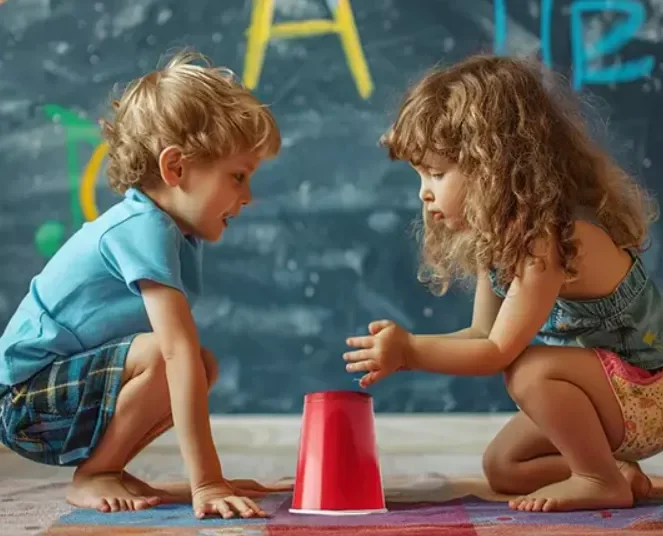As coaches, we all share the same goal—helping young players grow and reach their full potential. But let’s be honest: team practices alone won’t get them there. Real progress happens when kids put in the extra touches outside of practice. Consistent, focused training at home is where confidence, creativity, and control truly develop.
Why Practicing at Home Makes a Difference
Even short, daily sessions at home can make a big impact. In just 15 minutes, a child can get hundreds of extra touches—more than they might see in an entire team practice. Those repetitions strengthen muscle memory, sharpen coordination, and help players perform instinctively during matches.
Beyond the technical gains, home training also builds confidence. Without the pressure of an audience, kids can experiment, make mistakes, and improve on their own terms. That self-assurance carries over to games, where they show up more focused and ready to contribute.
Turning Training Into a Team Effort
One of the most effective ways to keep kids engaged is by turning home practice into a friendly competition. A team challenge system, like the one used in many modern training platforms, brings structure, motivation, and fun to the process.
Here’s how it works:
Team Goal: Everyone works together to hit a shared training target. If the group meets it, everyone wins.
MVP Recognition: The player who logs the most completed sessions earns a shoutout or small reward.
This kind of dual system motivates kids on two levels—individual pride and team contribution. They stay driven because their efforts matter to both themselves and their teammates. The best part? Recognition from the coach or peers often means more than any prize. A simple “well done” can go a long way.
Building Accountability with a Training Pledge
To keep the momentum strong, consider adding a simple pledge that players and parents sign at the start of the season. This small gesture creates a sense of commitment and shared responsibility.
When parents are involved, they’re more likely to encourage their child, help with scheduling, and reinforce positive habits. The pledge also makes it clear that consistent at-home practice is part of the team culture—not just an optional extra.
How to Keep Kids Motivated to Train at Home
Training outside of team sessions shouldn’t feel like a chore. The key is to make it fun, structured, and achievable. Here are a few ways to do that:
Set Micro Goals: “Do 20 clean touches” feels attainable and motivating compared to “practice for an hour.”
Turn It Into a Game: See who can do the most juggles or perfect a move the fastest.
Celebrate Effort: A simple shoutout, sticker, or captain’s armband can make kids feel valued.
Keep It Short: Ten to fifteen minutes of focused practice daily beats a long session once a week.
Include the Family: Parents can rebound passes, set timers, or even join in. It keeps things light and social.
Rewarding Progress Without Breaking the Budget
Prizes don’t need to be expensive to be meaningful. Small tokens or fun rewards keep motivation high. Some easy options include:
Colorful grip socks
Mini soccer balls for skill practice
Themed water bottles or drawstring bags
Snack packs for post-practice treats
Even better, some of the most powerful rewards cost nothing at all:
Team Captain for the Week: Let them lead warm-ups or wear the armband.
First Pick in Scrimmage: A small privilege that feels huge to a kid.
Coach’s Spotlight: Public praise during team meetings or group chats.
The Bigger Picture
Encouraging home training isn’t about piling on extra work—it’s about creating a supportive environment where growth happens naturally. When you combine short, focused sessions with friendly competition, clear accountability, and positive recognition, kids begin to take ownership of their development.
They learn that hard work pays off, that effort matters as much as talent, and that improvement can be exciting. Most importantly, they have fun doing it—and that’s what keeps them coming back for more.














